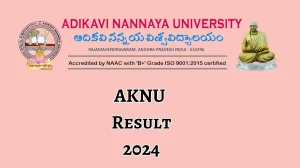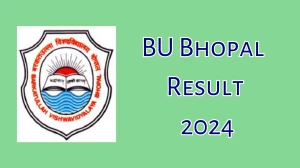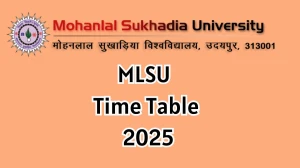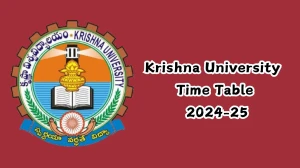- Rojgarlive »
- Education »
- CBSE Class 12 Economics Syllabus 2024 Download PDF @ cbseacademic.nic.in
CBSE Class 12 Economics Syllabus 2024 Download PDF @ cbseacademic.nic.in
by Keerthika
Updated Apr 02, 2024
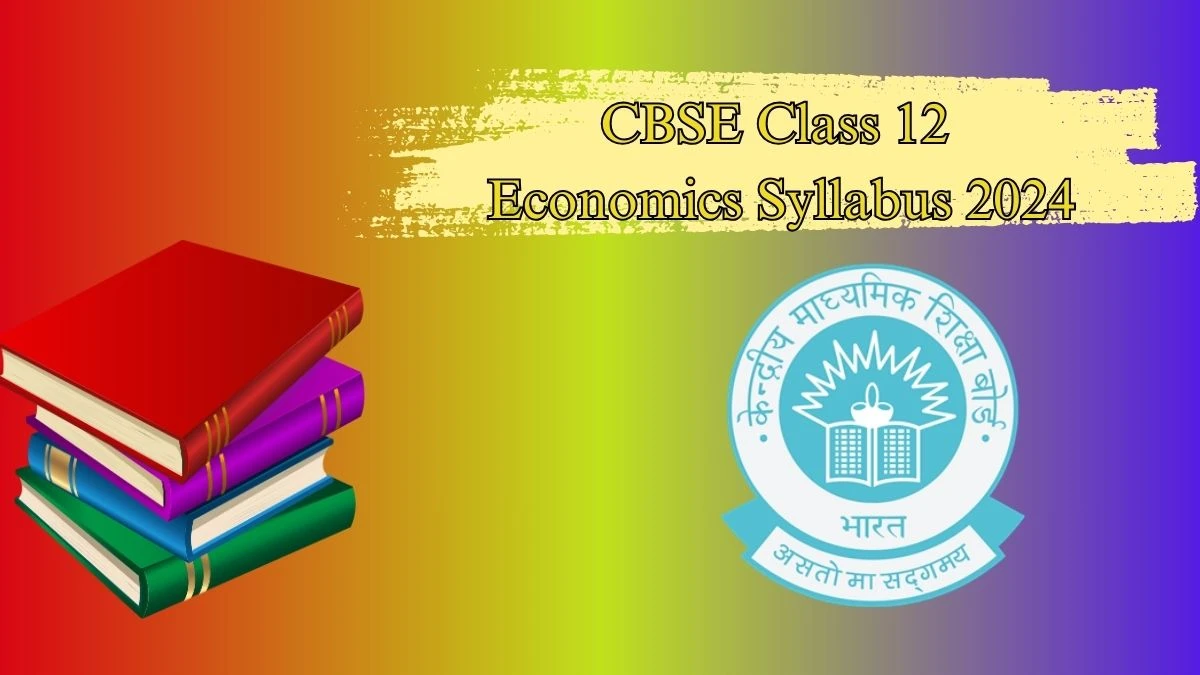
CBSE Class 12 Economics Syllabus 2024 has released for 12th Economics by Central Board of Secondary Education Board at cbseacademic.nic.in
"Central Board of Secondary Education Board officials have released the syllabus for 12th Economics, along with various 10th and 12th exams, accessible through online mode. All students enrolled in Central Board of Secondary Education Board can download the complete syllabus here."
Download - CBSE Class 12 Economics Syllabus 2024
Check - CBSE Class 12 Economics Syllabus 2024
CBSE Class 12 Economics Syllabus 2024
Follow these steps to download the CBSE Class 12 Economics syllabus for the academic year 2024-25:
-
Visit the CBSE Official Website: Go to cbse.nic.in.
-
Navigate to Examinations: Click on the "Examinations" section.
-
Access Curriculum/Syllabus: Choose the "Curriculum/Syllabus" option.
-
Select Curriculum: Click on "Curriculum" from the options provided.
-
Choose Senior Secondary Curriculum: Select "Senior Secondary Curriculum - (XI-XII)".
-
Choose Academic Electives: Navigate to "(Group-A) Academic Electives".
-
Select Economics: Click on the "Economics" option.
-
Download the Syllabus: Finally, download the CBSE Economics syllabus for Class 12.
Part A - Introductory Macroeconomics Syllabus
|
Unit-name |
Chapters and Topics |
|
Unit 1: National Income and Related Aggregates |
What is Macroeconomics? Basic concepts in macroeconomics: consumption goods, capital goods, final goods, intermediate goods; stocks and flows; gross investment and depreciation. |
|
Unit 2: Money and Banking |
Money – meaning and functions, supply of money - Currency held by the public and net demand deposits held by commercial banks. |
|
Unit 3: Determination of Income and Employment |
Aggregate demand and its components. |
| Unit 4: Government Budget and the Economy |
Government budget - meaning, objectives and components. |
| Unit 5: Balance of Payments |
Balance of payments account - meaning and components; Balance of payments – Surplus and Deficit Foreign exchange rate - meaning of fixed and flexible rates and managed floating. Determination of exchange rate in a free market, Merits and demerits of flexible and fixed exchange rate. Managed Floating exchange rate system |
Part B: Indian Economic Development
|
Unit name |
Chapters and Topics |
|
Unit 6 - Development Experience (1947-90) and Economic Reforms since 1991 |
A brief introduction of the state of the Indian economy on the eve of independence. Indian economic system and common goals of Five Year Plans.
|
|
Unit 7 - Current challenges facing Indian Economy |
Human Capital Formation: How people become resource; Role of human capital in economic development; Growth of Education Sector in India. |
| Unit 8: Development Experience in India |
A comparison with neighbours India and Pakistan, India and China. |
Prescribed Books for CBSE Class 12 Economics Syllabus 2024
Below are some of the best books for 12th economics syllabus for CBSE exam, check them out.
-
Statistics for Economics, NCERT
-
Indian Economic Development, NCERT
-
Introductory Microeconomics, NCERT
-
Macroeconomics, NCERT
-
Supplementary Reading Material in Economics, CBSE
CBSE Class 12 Economics Syllabus 2024? -FAQ
Development Experience, Money and Banking, National Income and Related Aggregates, and others are some of the important chapters and topics which needs to be covered for exams.
Yes, it is essential to submit project work else students do not qualify in project work assessment.
